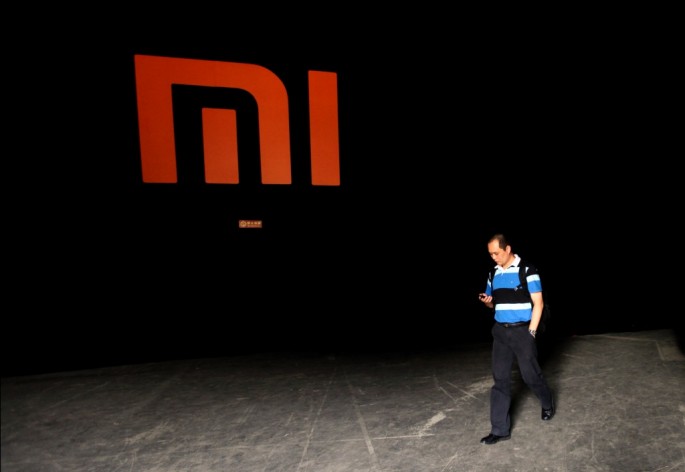The spat between two of China’s biggest smart TV makers intensified on Tuesday, as Xiaomi announced its intention to sue its archrival Leshi Internet Information and Technology Corp., commonly known as LeTV, after the latter claimed that many of the free content offered in Xiaomi’s TVs are trailers.
In a statement emailed to the Global Times, Xiaomi said that it reserves its right to file a lawsuit against LeTV, whose comments were "damaging" to the company's reputation, fame and "influences users' opinion about Xiaomi's edge in online video contents."
Xiaomi's statement followed the Tuesday press conference by LeTV, where it responded to allegations of its business model being unsustainable made by Xiaomi on Monday.
"An industry alliance is not same as an integrated ecosystem that LeTV owns, and is unable to bring high-quality user experience," Ablikim Ablimit, strategy vice president of Le Holdings, LeTV's parent company, said during the press conference.
Xaomi on Monday claimed that it had overtaken LeTV in online content thanks to its online video networks.
In partnership with 100 major online video providers such as Baidu's iQiyi, and Youku Tudou, Xiaomi TV can offer 18,051 online videos compared to 8,907 from LeTV, Wang Chuan, head of Xiaomi's TV business, told the press on Monday.
Wang added that LeTV's units use its search engine to access online videos, "which cannot ensure the security of the content and is not allowed by the industry watchdog."
In a ruling issued by the Administration of Press, Publication, Radio, Film and Television in Oct. 2011, Internet TV sets and set-top boxes are required to have access to limited digital content offered by seven licensed providers, which are mainly state-owned firms like China Network Television and Wasu Media.
In response to Wang's comments, LeTV claimed in a press release that its competitor is either misleading the public or unaware of China's laws, as LeTV is working with China Radio International, one of the licensed online video providers, on adjusting its Internet TV products in compliance with the ruling.
The quarrel between Xiaomi and LeTV began early this June when Xiaomi announced at a press conference that its online video partnerships included almost all major online video providers except LeTV.
Xiaomi, the world's third biggest smartphone maker, is consolidating its position in the rapidly growing Internet TV sector, where LeTV is widely regarded as its major competitor.
With an investment of $1 billion into online video, Xiaomi has sold more than six million TV sets and set-top boxes since Dec. 2013, company CEO Lei Jun said at a press conference on June 10. In contrast, LeTV sold 1.5 million TV sets in 2014.
Both companies may soon face a new challenger, however, as Chinese e-commerce giant Alibaba Group is allegedly planning on creating China's equivalent of Netflix, according to a report from the Global Times.
"Alibaba's foray into the sector will put pressure on other video providers because it is highly likely that the cash-rich company will push bidding prices up for copyrights," said Zhang Yi, CEO of Guangzhou-based market research firm iiMedia Research.



























